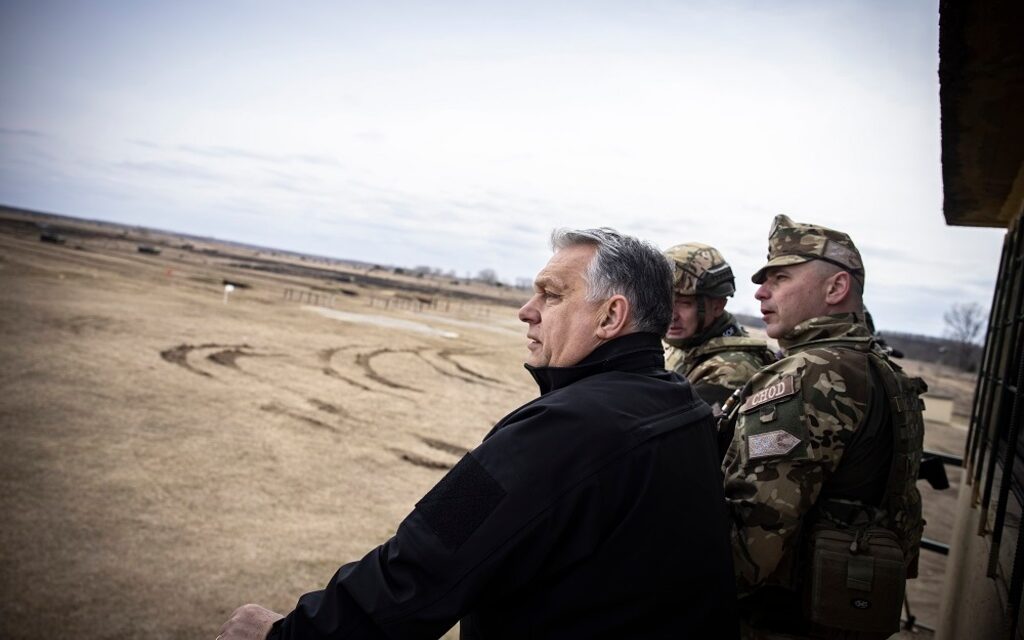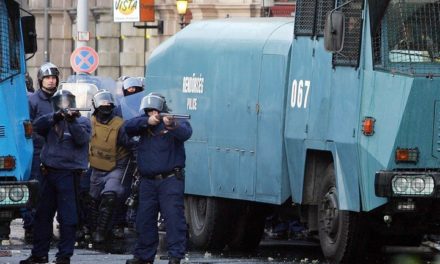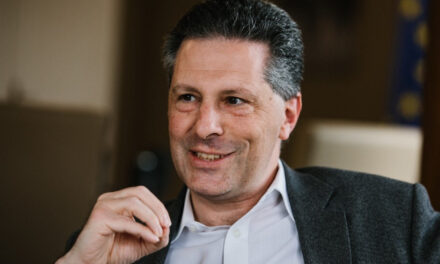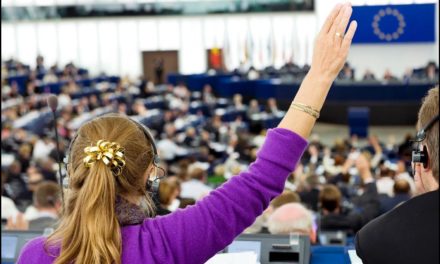He has just arrived back to Budapest from the Hungarian-Ukrainian border. Our neighbor Ukraine is at war with Russia. Seen from the seat of the Hungarian Prime Minister, how did we get to this point?
What made the war? We are in the crossfire of major geopolitical actors, NATO has been constantly expanding to the east, and Russia has liked this less and less. The Russians made two demands: that Ukraine declare its neutrality, and that NATO declare that it will not admit Ukraine. The Russians did not get these security guarantees, so they decided to get them in war. This is the geopolitical significance of this war. The Russians are rearranging the continent's security map. Their security policy idea is that Russia must be surrounded by a neutral zone in order for them to feel safe. Ukraine, which until now was considered an intermediate zone, which they failed to make neutral by diplomatic means, now wants to make it so by military force. At the same time, it must be made clear to Hungary that war cannot be accepted for any purpose, and that whoever chooses this path is clearly condemned by Hungary.
Péter Szijjártó invited Russian Foreign Minister Sergey Lavrov and the Ukrainian leadership to Budapest. The goal is to start peace negotiations. Is there a reality for peace?
There is. The Russians demand the same as before. With the military superiority on the side of the Russians, it was only a matter of time before negotiations began. Hungary is pro-peace, our interest is to stay out of the war, and for the parties to come to an agreement as soon as possible, and let there be peace, we must not drift into this conflict under any circumstances. We condemn the Russian attack because they started a war against Ukraine. We need to get back to the negotiating table as soon as possible, which is why we offered to start the peace negotiations in Budapest. But the point is to start. Now all of Europe should work for peace.
Since his election, he has had a regular working relationship with Putin. What kind of person or negotiator did you get to know the Russian president as?
In preparation for the election victory, I contacted President Putin and the Chinese leaders as early as 2009. I thought that when we got into government, we would have to face the world political realities that occurred after the 2008 financial crisis. I reckoned that the financial crisis would shake the Western world, especially the European Union, but not the Chinese, thus speeding up the process in which China takes over the leading role of the world economy. Hungary had to prepare for this new world order. After the election victory in 2010, we were able to start the intergovernmental negotiations with the Chinese and the Russians as a partnership. As for the Russian president, he has always kept to what I have agreed with him so far, and so have we. The Hungarian-Russian relationship was a balanced and fair system of relations until recent times.
The EU implemented sanctions against Russia, and our country also voted for them. How will the Russian invasion affect Hungarian-Russian bilateral relations? Will the events have an impact on the approval procedure for the Paks II investment and the long-term gas contract with the Russians?
With the start of the war, a new situation arose for Hungary as well. In this new situation, Hungary's goals and Hungarian interests must be redefined. Regarding sanctions, we do not veto, we do not prevent the EU from applying sanctions against Russia. Union unity is the most important thing now. As for post-war bilateral relations, one thing is certain, Russia will exist after the war. Hungary and the European Union will have interests even after the war. There is no argument in favor of breaking off our energy cooperation with the Russians. The leaders of the union also stated that the sanctions will not affect energy deliveries from Russia, as this would destroy the European economy. This is also the case with the investment in Paks. If you don't have Paks, you have to buy even more Russian gas and it's even more expensive. If we were to abolish energy cooperation with the Russians, the utility costs of all Hungarian families would triple in a single month. This is why I do not support this step, Hungarian families should not pay the price of the war.
The candidate for prime minister of the left has already suggested that, if necessary, he would send Hungarian soldiers and weapons to Ukraine. What do you think about this?
International politics is a difficult genre. I have been in this profession for more than thirty years, this is my third war. The third is a war that is taking place in our neighborhood during my administration. In 1999, one day after our accession, NATO intervened in the Kosovo war. In 2014, the Crimean crisis and now the second Ukrainian-Russian war will confront me. The advantage of government experience is that I know what strategic calm is: to speak little, but then precisely and responsibly. In such cases, it is not allowed that the aspects of the campaign come before the national interests. Even one bad sentence can cause trouble. In a war situation, speech is half an action. The opposition wants to send weapons that will be used to shoot at the Russians, or soldiers that will fight against the Russians. This proves that they have no routine, no knowledge and no sense of responsibility. With their irresponsible statements, they only add fuel to the fire, and this is against the interests of Hungary. Instead of adventure politics, responsible politics, security and stability are needed.
How do we help Ukraine?
We are happy to help the Ukrainians negotiate with the Russians. We even provide a venue for peace negotiations. In addition, we provide humanitarian aid to Ukraine: we deliver gasoline, diesel, food, and basic supplies. Thirdly, we accept everyone who comes from Ukraine.
In the 1990s, it seemed that the United States remained the only world power with truly global influence, managing to integrate Russia and China into its world order. Looking at the developments of the last two decades, how do you see it, does it still make sense to talk about a unipolar, American-dominated world order? How do you evaluate the balance of the American-Chinese competition so far?
There is a change of position at the top of the world. As things stand today, China will soon become the world's most powerful economic and military power. America is in decline, while China is getting stronger. Hungary, with a population of ten million, has to maneuver skillfully in such a period. We are in alliance with the West, but we also want to establish a beneficial relationship with the emerging new great power. This is a complicated task bordering on art for policy makers.
Mandiner's full article here.
Authors: Zoltán Szalai and Gergő Kereki
Photo: Zoltán Fischer / Prime Minister's Press Office












